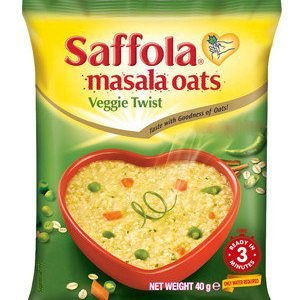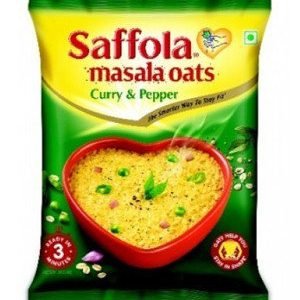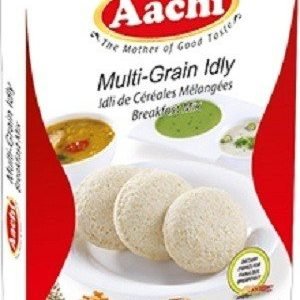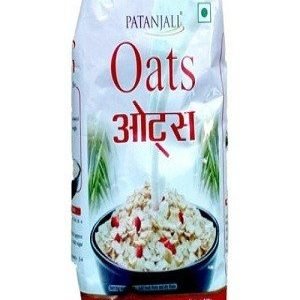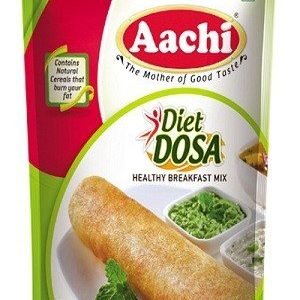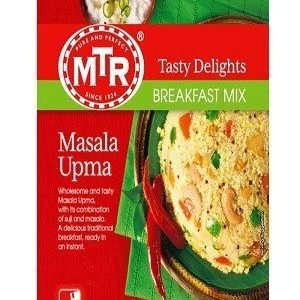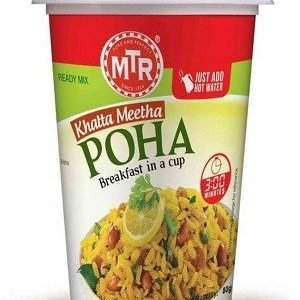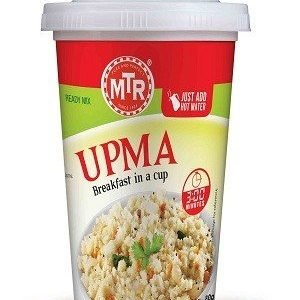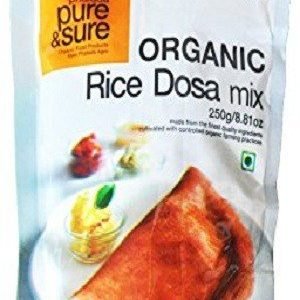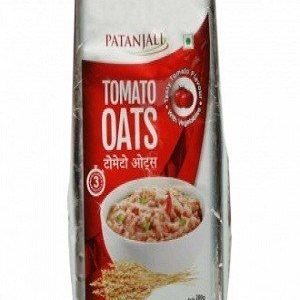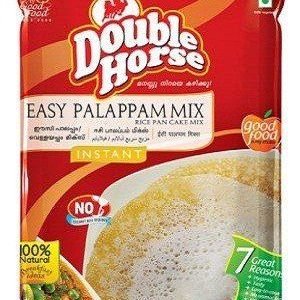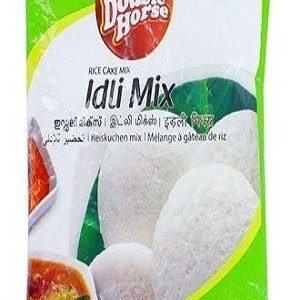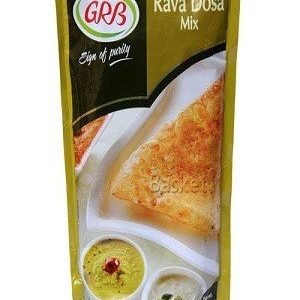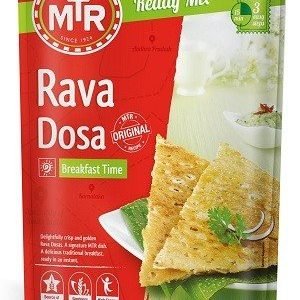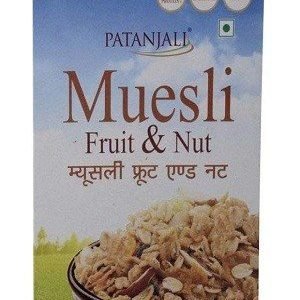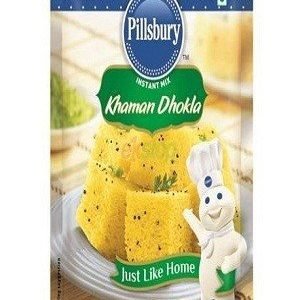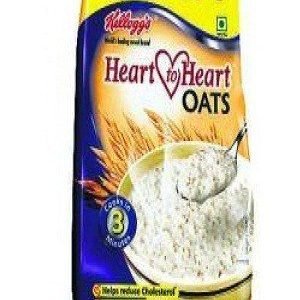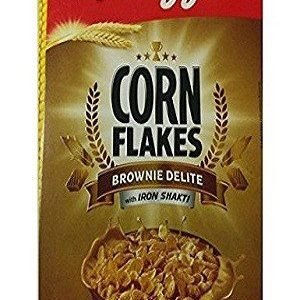
-
-
-
-
-
-
-
-
-
-
-
-
-
-
-
-
-
-
-
-
-
-
-
-
-
-
-
-
-
-
-
-
-
-
-
-
-
-
-
-
-
-
-
-
-
-
-
-
-
-
-
-
-
-
-
-
-
-
-
-
-
-
-
-
-
-
-
-
-
-
-
-
-
-
-
-
-
-
-
-
-
-
-
-
-
-
-
-
-
-
Brand
Kellogg’s Corn Flakes with Real Banana Puree and Chips 300 Grams
Rated 0 out of 5₹130 Add to cart -
-
-
-
-
-
-
-
-
-
Buy Breakfast Food Online Supermarket
Shopping Website
For what reason Do We Eat What We Eat for Breakfast?
It boils down to how we translate the supper’s motivation… and what we can get in transit out the entryway
This is one of every a progression of stories; visit The Daily Meal Special Report: Breakfast in America: What It Is and What It Means for additional.
Ponder bacon and eggs.
These are two generally basic, principal sustenances, both of which fill innumerable needs as fixings in each part of Western food from sandwiches to appetizers to entrées to pastries.
But then the expression quickly invokes a specific time of day and a specific kind of dinner — similarly as might frankfurter and bread rolls, grain and drain (or muesli and yogurt), doughnuts and espresso, or hotcakes and syrup. While couple of present day eaters would truly falter to appreciate these nourishments whenever of day — witness the maintained accomplishment of the 24-hour Waffle House, for example, or the beguilement got from “breakfast for supper” — most Americans additionally wouldn’t waver to call them what they quintessentially trust them to be: breakfast sustenances.
Be that as it may, why are these nourishments related so emphatically with breakfast in any case? For what reason does the demonstration of eating splendidly ordinary nourishments, with a moderately widely appealing wholesome profile — scrambling three eggs on the stove at 7 p.m., maybe, or strongly requesting the Breakfast Sampler at IHOP following a late night out — convey with it a humble excite of transgression if done at the wrong time of day?
The History of the Kellogg’s Breakfast Pastry Miracle: Pop-Tarts
For reasons unknown, a significant number of the affiliations portrayed above, which we tend to consider as fundamental, are moderately new. A portion of these new customs have been unobtrusively molded by handy innovation — from the creation of the blender to advancements in solidified nourishment — while others have been affected by expand advertising efforts. What’s more, numerous parts of the advanced breakfast came to fruition in light of our moving perspectives on the feast’s part — breakfast has been differently (and now and then at the same time) saw as a culinary untimely idea, as a liberal and evil fool, as an ethical need, and as an utilitarian piece of modern routine — and to our still-deficient comprehension of nourishment and of how the having of breakfast influences the human body.
A celebrated tidbit
The historical backdrop of breakfast in the Western world is somewhat difficult to sort out, as writers and recorders have constantly tended to center around the more sensational dinners of the evening and night. (Grendel wouldn’t have had the front of murkiness or the Geats’ inebriated sleep to slaughter his casualties had Hrothgar facilitated an extraordinary breakfast for his warriors, all things considered.) And once in a while would much be composed about the breakfast propensities for the regular people; whatever filled in as the workingman’s quotidian breakfast more likely than not appeared as immaterial as, say, an Egg McMuffin may appear to be today.
This may incompletely be on the grounds that breakfast was essentially not a major ordeal for quite a bit of Western history, with the biggest supper occurring at night. Most breakfasts in old Greece and Rome appear to have comprised of chilly bread, alongside maybe some olive oil or wine, figs, and olives. Antiquated individuals enjoyed one natural staple, be that as it may: flapjacks. Some adaptation of this admired dish — at its heart, essentially a grain player cooked on a hot surface — shows up in the foods of societies around the world, and it is likely that some cycle of frying pan breads showed up when ancient social orders aced granulating grain into flour. Like current Americans, the old Greeks appear to have delighted in pancakes at breakfast.
For the following thousand years or something like that, most Europeans to a great extent disregarded breakfast — or, at times, particularly shunned it. The scholar Thomas Aquinas, writing in the thirteenth century, considered eating too soon a demonstration of avarices, and religious thoughts gave the English dialect its irresolute term for the day’s first feast; the Old English morgenmete essentially signified “morning dinner,” and when the word breakfast grabbed hold in the 1400s, the quick was considered more important than it is by coffee shops today, for whom having not eaten for a few hours is basically an inadvertent outcome of having rested. The possibility that skipping or postponing breakfast was a demonstration of religious austerity, however, shows that even the dedicated apparent breakfast’s nutritious potential, and breakfast was normal among those planning for a hard day’s worth of effort — like voyagers and workers — or those whose wellbeing was powerless — like the youthful, the old, or the weak.
Student of history Ian Mortimer contended in a 2013 piece in BBC History Magazine that England’s broadly healthy breakfast truly began to come to fruition amid the Tudor tradition in the sixteenth century — to a great extent because of financial aspects and the expanding predominance of wage business. As an ever increasing number of individuals came to spend long days working for another person and dinner moved later at night, what we presently consider as lunch moved from late morning to early evening — and breakfast, out of the blue, truly came to be thought of as a legitimate supper.
Indeed, even still, in Colonial America and even into the nineteenth century, breakfast was about an untimely idea. In her book Three Squares: The Invention of the American Meal, Abigail Carroll portrays run of the mill breakfasts of the time as “celebrated tidbits,” their part (alongside that of dinner) basically “to conquer any hindrance between supper one .
Routine empowers breakfast nourishment to fill its valuable part, while maybe clarifying its absence of noticeable quality in the creative ability. Indeed, even inside this extraordinary report, The Daily Meal’s Alyssa Haak asks fruitful gourmet experts — culinary experts whose lives are committed to the investigation of flavor — what they have for breakfast, and every answer in a solitary passage. Presently envision requesting that a culinary specialist portray what she has for supper.
Having a standard breakfast likewise indicates another pragmatic need: effectiveness. Numerous breakfast sustenances — from the people of old’s icy bread and remaining meat to the Pop-Tart and the solidified bagel — owe in any event part of their prominence to the absence of time devoured by their readiness. The everyday breakfast has a tendency to be just taken care of as an errand and afterward overlooked. Flapjacks, fricasseed eggs, and even generally rich and debauched bacon are among the speediest hot dishes that can be made on a stovetop.
The most vital supper of the day
While got to some degree from these more seasoned folkways, breakfast oat additionally owes a lot of its notoriety to a more present day center in our breakfast decisions: a fixation on sustenance. Breakfast is regularly refered to as the most imperative dinner of the day — whether this declaration is precise or not, as our Holly Van Hare considers in this piece — and the utilization of the word critical is huge. (Take a stab at supplanting it with fulfilling, social, energizing, or innovative and saying the expression so anyone can hear.)
No, breakfast is particularly essential — and this thought genuinely grabbed hold in the one of a kind good, innovative, and logical milieu recently nineteenth-century America. The primary icy breakfast oats were made by men who viewed nourishment and profound quality as in a general sense interlaced. John Harvey Kellogg, whose name graces grain boxes right up ’til today (but through his sibling William, yet more on that beneath), was a sincerely religious doctor who — as chief of the Battle Creek Sanitarium, a kind of self-denying wellbeing retreat for the late 1800s keep running by the Seventh-day Adventist church — advanced cool oat as an approach to explicitly maintain a strategic distance from enthusiasm by ethicalness of its major dullness. For Kellogg and a large number of his associates, great nourishment could prompt modest and good conduct, and breakfast, that minimum idea of dinners, more likely than not appeared the perfect place to win the principal fights toward an all the more genuine society.
While Kellogg might not have prevailing with regards to making Americans more good, he succeeded in focusing the discourse about breakfast around sustenance. Kellogg may appear a quack (or much more awful, as recorded by Therese Oneill in this Jezebel piece) to the cutting edge peruser, however he was a sincere and genuine doctor, a portion of whose thoughts — the significance of intestinal verdure, for example — have returned into vogue today. Consequent wellbeing crusaders, surfing the rushes of the still-vague exploration of sustenance, have comparably made breakfast an unpleasant battleground — consider the disgrace any self-regarding late-’80s elitist more likely than not felt getting a charge out of a breakfast of bacon and eggs — to much a similar impact: We don’t know whom to trust with respect to the segments of a nutritious breakfast, yet we know we should eat one.
Indeed, even Kellogg’s virtuous frosty oats some way or another turned into the Froot Loops and Frosted Flakes of today. While Kellogg himself stayed focused on converting and energetically shared his formulas, his sibling, Will Kellogg, and a previous patient, C.W. Post, both saw the business potential. The organizations these two established turned out to be progressively separated from John Kellogg’s thoughts of nourishment yet only sometimes delayed to exchange on them. Breakfast oat marks cunningly utilized advertising to remain in the (actually) sweet spot: As long as they could keep up guardians’ confidence in their empowerment — strengthened with a full every day recompense of vitamins and minerals — they could do whatever was fundamental — cover a toy in the container, say, or completely douse the chips in sugar and fake colorings — to keep up children’s confidence in their scrumptiousness
However, it appears to be likely that the essential reasons we eat what we have for breakfast — accommodation, economy, and sustenance — will keep on doing fight with our inclination to enjoy. Furthermore, two decades from now, as you catch your shirt to surge out the entryway, you may wish you had given yourself an opportunity to set up a h



